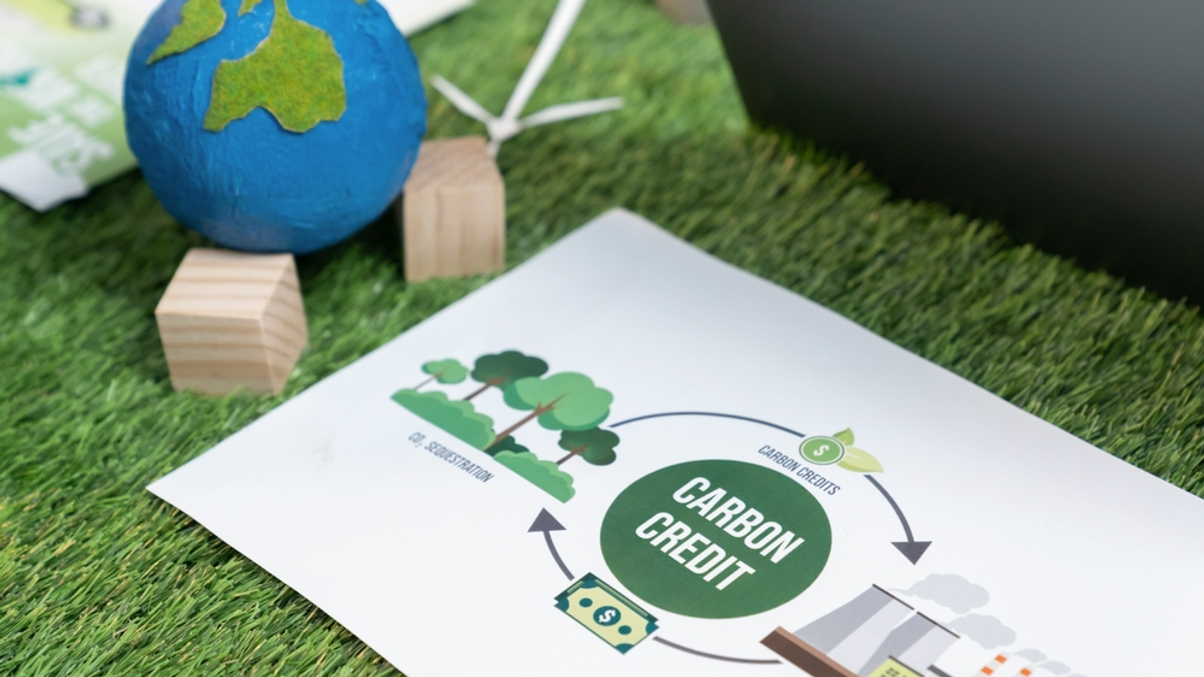Temasek's GenZero: Carbon finance's big opportunity for EMs
Carbon finance can incentivise climate action and be especially useful for emerging markets that don't have funds to carry out nature-based restoration or conservation projects, says a GenZero executive.

Well-designed carbon projects and trading mechanisms can mobilise funding and help emerging markets decarbonise, a senior investment executive from Temasek-owned GenZero told AsianInvestor.
Sign in to read on!
Registered users get 2 free articles in 30 days.
Subscribers have full unlimited access to AsianInvestor
Not signed up? New users get 2 free articles per month, plus a 7-day unlimited free trial.
¬ Haymarket Media Limited. All rights reserved.


